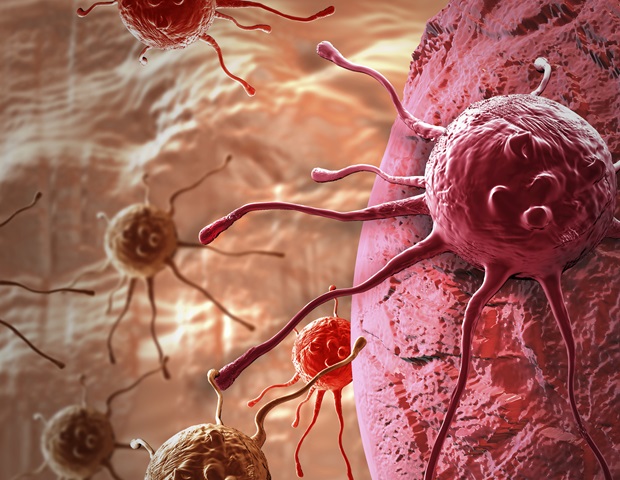Recent research highlights the potential of targeting MYCN and MDM2 proteins as a promising strategy for cancer therapy, particularly in neuroblastoma, a challenging pediatric cancer. MYCN is an oncogene often amplified in aggressive tumors, leading to poor patient outcomes. Meanwhile, MDM2 is known for its role in regulating the tumor suppressor p53, which is frequently inactivated in cancer. By inhibiting both MYCN and MDM2, researchers aim to create a dual-targeting approach that could enhance the effectiveness of existing treatments and provide a new avenue for combating resistant cancer forms.
The study indicates that combining inhibitors of MYCN and MDM2 not only disrupts cancer cell proliferation but also reinstates the function of p53, promoting cell death in tumor cells. This innovative strategy may lead to the development of more effective therapies for patients with neuroblastoma and potentially other cancers characterized by MYCN amplification and MDM2 overexpression. As research continues, this dual-targeting approach holds promise for improving treatment outcomes and survival rates in patients facing these aggressive cancers. Click for More Details







